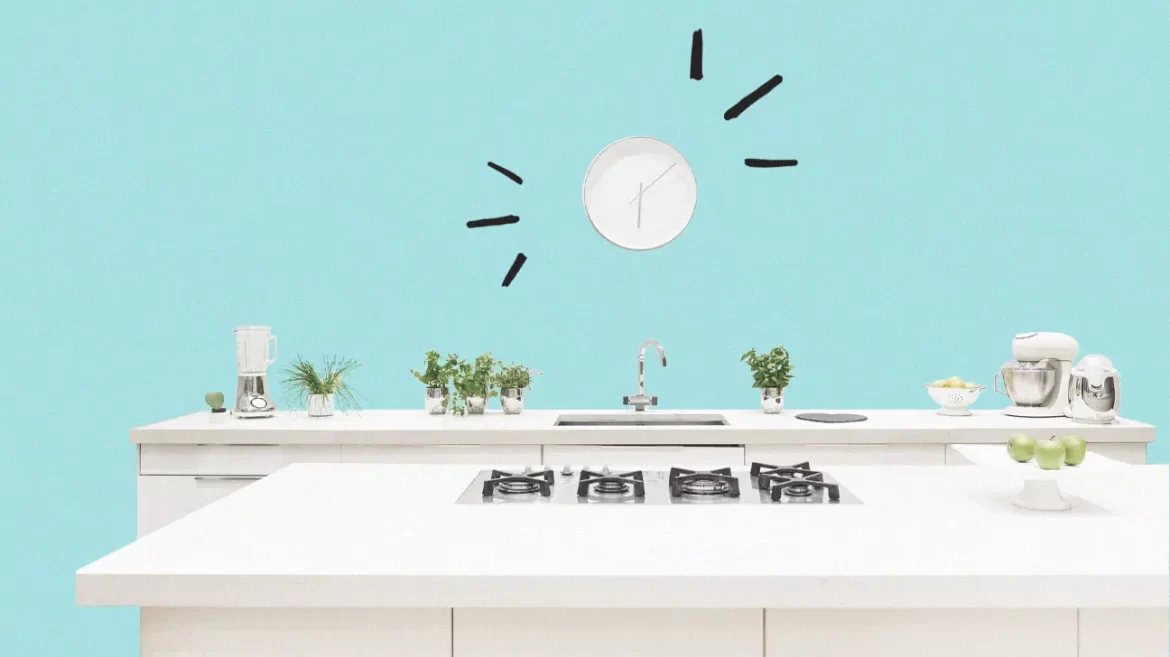There are several ways to keep your household safe from viruses, bacteria, and other illnesses. First, you should wash your hands frequently, especially before preparing and eating food. You should also rinse your utensils and cutting boards after using them. Also, you should thoroughly cook meats and other foods, and never serve raw meat or partially cooked shellfish. In addition, you should keep your hands clean by using antibacterial products or disinfectants. You should also install smoke detectors on each level of your house. If you have children, it is a good idea to keep space heaters away from curtains.
Another important safety tip for families with children is to keep the kitchen and bathroom stocked with medicines and cleaning supplies. Children should never be left unsupervised in these areas. Also, make sure your kids have a phone and a list of emergency phone numbers handy. When using the kitchen, always place a trusted adult on duty to answer any questions and provide assistance if needed. You should also set rules for your kids and enforce the use of door locks, including those on upper floors. Also, make sure that children don’t play near windows or doors.
Lastly, make sure to keep your valuables out of sight. This will deter burglars from thinking your home is a potential hotspot. If you don’t have a home security camera installed, you can also purchase a video doorbell, which will allow you to communicate with the person at the door. Using cameras and video doorbells can help you feel safe while you’re away.
If you live in an area where the COVID-19 pandemic is prevalent, you should take extra precautions. In addition to wearing protective masks, you should write down the numbers of trusted people who you trust. If you aren’t comfortable talking to strangers, you can also write the numbers on your body or on your cell phone. You should also consider keeping a six-foot social distance with those around you.
If you’re worried about intruders, you should avoid leaving tools and ladders at home. Additionally, you should never leave your keys outside the house. Also, don’t smoke indoors. And don’t forget to make sure your doors and windows are locked. You should also consider conducting periodic drills to reinforce your safety measures.
Poisonous products should be stored safely away from children. It is best to store medications and vitamins in child-resistant containers. Moreover, cabinets should be locked with safety latches. If your child is able to reach the containers, he might mistake them for candy and eat them instead. It is also important to avoid giving your child medicine if you can’t watch him.
The main entrance to your home is the most popular entry point for intruders. Locking the front door is an obvious way to prevent break-ins, but if the lock isn’t high quality, it won’t be enough. Exterior doors should also have deadbolts to make it harder for intruders to get into the house. It is also a good idea to use stronger doors and door frames. If possible, you can invest in smart locks that allow you to engage the lock remotely.





